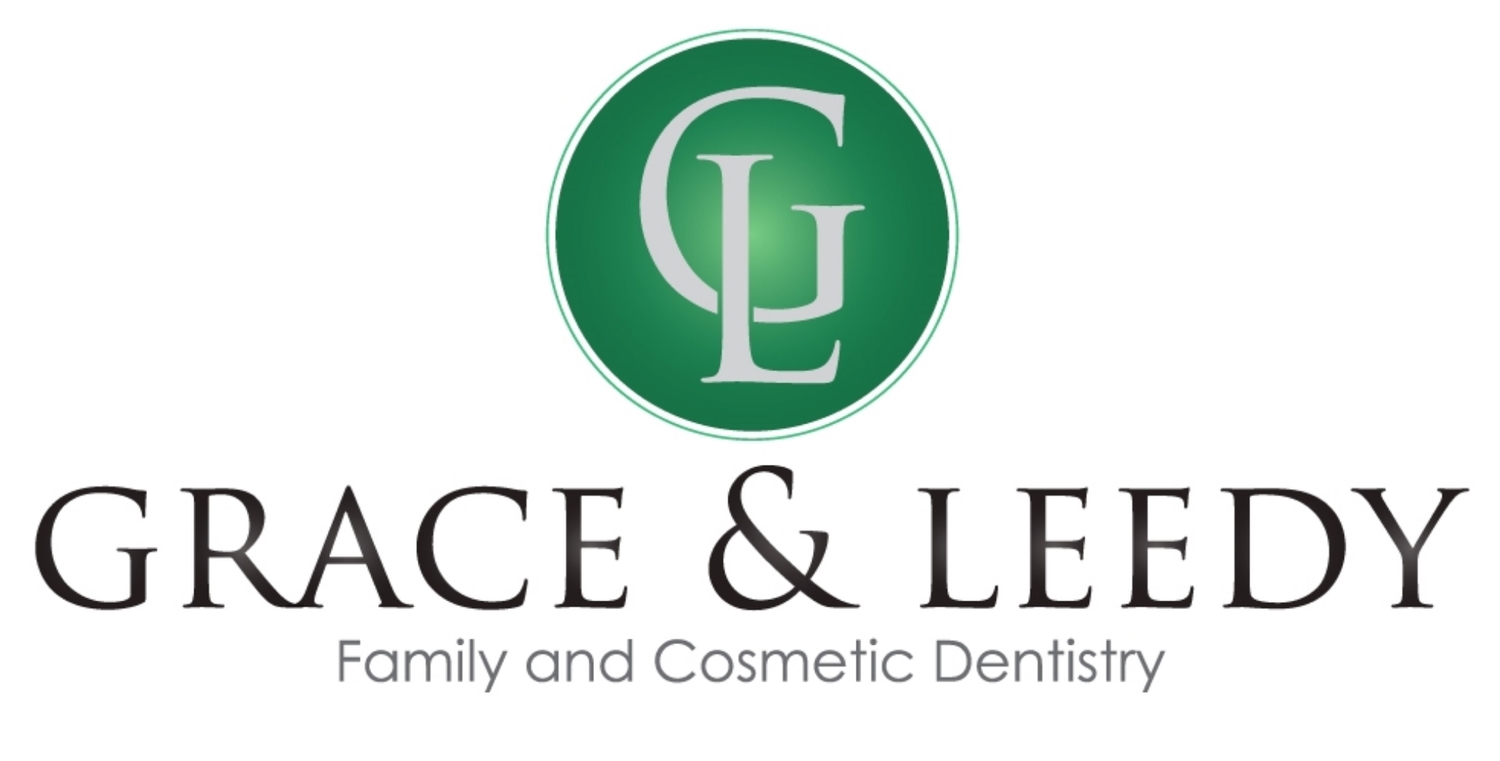
Dental Care For Seniors
As we write about frequently, dental care is important for all ages. From age one to the teen years and beyond, dental care never stops. It only follows that seniors should continue proper dental health care, but it's also important to remember that they have their own distinct set of care needs as well. To ensure seniors receive the best care possible, we recommend they consider the following guidelines.
Keep Up With Care Habits
Even though most senior patients have spent years past maintaining dental care routines, this is no time to stop. In fact, flossing, brushing and using mouthwash is just as important as ever, especially since seniors are at greater risk for tooth decay and other dental issues. Maintaining a routine of daily dental care regardless of schedule is paramount to ensuring seniors have healthy and pain-free teeth.
Soft bristled toothbrushes are the best option for all patients, but especially seniors, and flossing remains an important element of their daily care routine. While using string floss is the better cleaning option, seniors can switch to floss picks should dexterity become an issue. Also, seniors should use alcohol-free mouthwash to reduce dry mouth symptoms, something we'll talk about in more detail in a second. Keep on track with brushing, flossing and fluoride mouthwash no matter your age!
Risks For Seniors
Seniors are at higher risk for several dental conditions, listed below, and they should be particularly aware of these symptoms and discuss the possibility of them with their dentist. These conditions may include:
MEDICINE-INDUCED DRY MOUTH
Seniors commonly take several daily medications, and one of the primary side-effects of most medicines is that of dry mouth. While occasional dry mouth is nothing to worry about and is usually cured by conscious hydration, chronic dry mouth is another matter. If dry mouth continues untreated in seniors, it can cause issues like tooth decay and bad breath.
There are however several ways you can prevent chronic dry mouth. These include monitoring your hydration to ensure you drink the daily allotment of water (eight 8 ounces glasses per day) and using moisturizing mouthwashes or treatments recommended by your dentist. Avoiding caffeine and alcohol will also stem the symptoms of dry mouth. Should the symptoms become significant, we recommend speaking with your doctor to investigate alternatives to your current medicine.
GUM DISEASE
Gum disease can effect patients well-before they reach their senior years, but it is especially prevalent in the later years of life. Seniors should be cautious of any symptoms of gum disease including red, swollen gums, and gums that bleed. While the early stages of gum disease aren't necessarily painful or severe, left untreated they can cause tooth loss. Regular cleanings from your dentist can help alleviate the causes, and special toothpastes or mouthwashes can be prescribed to fight gum disease.
TOOTH LOSS
Should gum disease advance too far, or should senior patients lose a tooth for any reason, we recommend dental treatment immediately. If lost teeth are left untreated, they can impact the health of nearby teeth, eventually causing more tooth loss. Dental bridges, dental implants and dentures are all effective solutions for tooth loss in seniors. A visit to your dentist will help determine which treatment option is right for you.
DECAY AND CAVITIES
Since seniors have had their teeth for a long time, they are more vulnerable to decay and cavities. This means that timely repair of cavities is especially important for seniors so tooth decay isn't allowed to spread. Proper brushing techniques, along with regular visits to the dentist, is the best treatment for cavities.
Care For Those That Need Assistance
You may have a relative or friend who is need of special assistance, and this may include dental care. While it may seem obvious for the caretaker to step in and perform dental care routines for the person in need of assistance, we actually recommend both the person in need of assistance and the caretaker consult a dentist first. They can help instruct the caretaker in proper methods and products that are well-suited for the situation.
Maintain Those Dentist Visits
Don't forget that regular visits to the dentist are just as important now as they were earlier in life. As we've outlined above, dental issues can quickly worsen in seniors if left untreated. This means that seniors should maintain a six month checkup schedule with their dentist and attend all other appointments as recommended during their checkups. Quality dental care now will ensure that seniors enjoy each day to the fullest without pain or worry.
If you're in need of a dentist qualified to meet the distinct needs of senior patients, we encourage you to schedule an appointment with Grace & Leedy Family Dentistry.
Location
10881 West Asbury Ave Suite 210, Lakewood, CO 80227
Phone: (303) 989-0452
Office Hours
MON8:30 am - 1:30 pm
TUE7:00 am - 3:30 pm
WED - THU8:00 am - 5:00 pm
FRI7:00 am - 3:30 pm
SAT - SUNClosed









comments